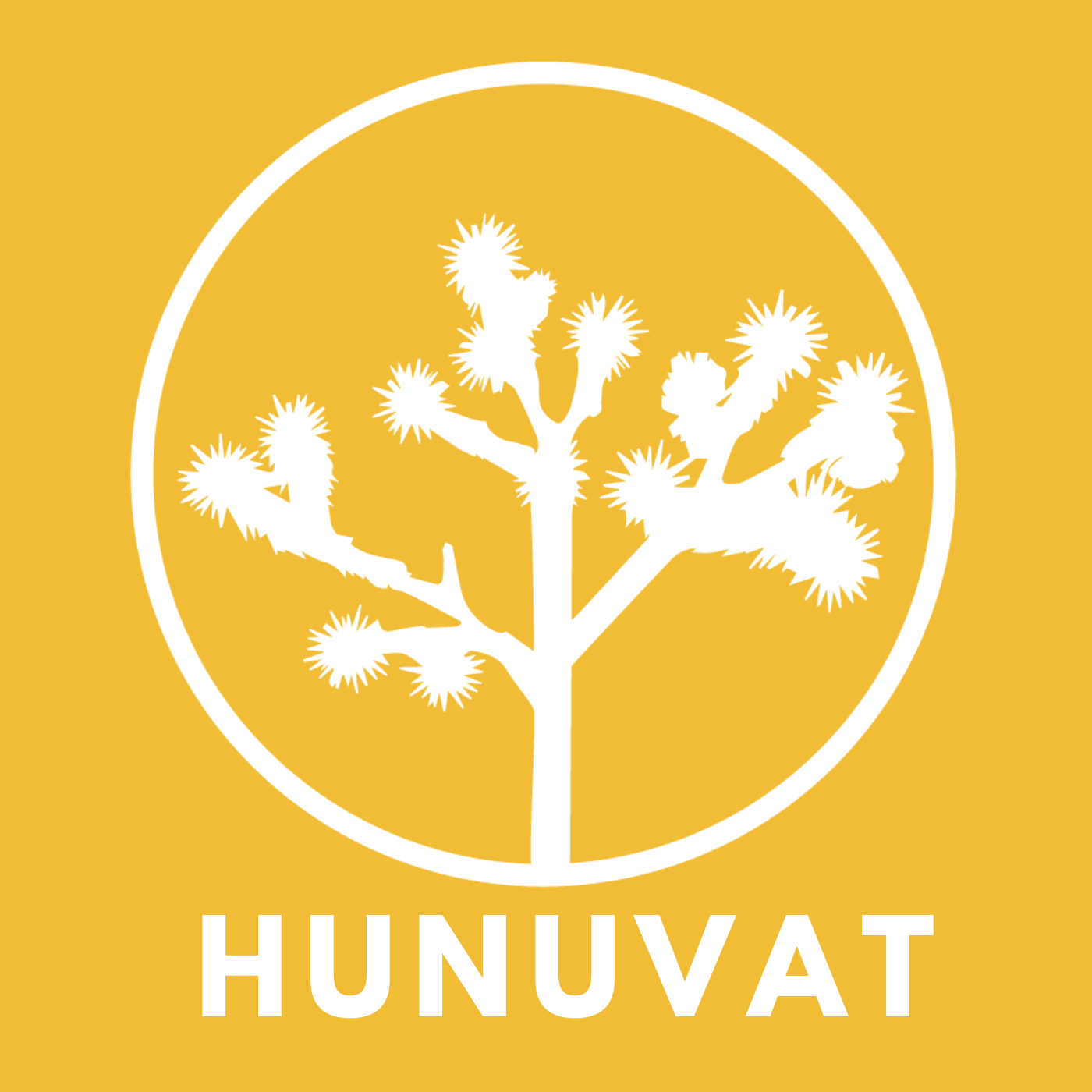CSIS Book Event: Emily Bass' "To End A Plague: America's Fight to Defeat AIDS in Africa"
This is the text of remarks Ben gave at the CSIS Book event of Emily Bass’ fantastic historical review of PEPFAR in “To End A Plague: America’s Fight to Defeat AIDS in Africa”
Watch the recording of the Book Event.
Greetings from Sacramento, California. Thank-you, Jeff Sturchio, Steve Morrison and CSIS for hosting this event. It is lovely to see my friends Chris Collins (Friends of the Global Fight), Jen Kates (Kaiser Family Foundation) and of course, the incredible journalist and historian Emily Bass.
Joining us from Johannesburg, is my logical sister Yvette Raphael. And to see one of my heroes, Jimmy Kolker is also in the audience, what an honor!
As Jeff Sturchio indicated, I am participating in this session as Senior Adviser to the Bay Area Global Health Alliance (www.bayareaglobalhealthalliance.org) which I also helped cofound a few years ago. Chris Collins is my other boss, and I am a consultant to Friends of the Global Fight.
And as you rightly observed, I have entered my third or fourth career as a podcaster. As well as A Shot In The Arm Podcast (www.ashotinthearmpodcast.com) , I want to make a shameless plug for our new podcast, The Vax Up Podcast (www.vaxuppodcast.com) on how communities around the world tackle misinformation and promote vaccine confidence.
But what we are talking today is Emily Bass’ “To End A Plague…” which is a fascinating, alarming - and sorry for saying this Emily - entirely relevant read for the current state of the world. And as you would expect from Emily, it is a cracking good read. You can find it here (www.emilybass.club)
Jeff asked me to comment about the international reaction to the creation of PEPFAR in the early years of this century. Well, it was coming off the heels of the creation of the Global Fund to Fight AIDS, TB and Malaria. For the response for these three diseases, this was an incredible moment. But. It had not been an entirely happy experience for many people in the international community, particularly the UN. Why not choose us to manage these new funds. We found that we had this new, strange, perhaps hostile, and certainly extremely well-endowed new cuckoo in the nest.
Some in the community already saw that as a direct snub to UN Secretary General, Kofi Annan, who had won the Nobel Peace Prize on behalf of the UN.
And with discussions across the Atlantic about a major new development initiative, we had this deep fear that populism would vanquish science.
But that did not happen, not entirely.
My boss then, Peter Piot, the founding Executive Director of UNAIDS, reached out to the State Department early, and asked PEPFAR’s first coordinator, Randy Tobias, how can we help you make this work? I remember one very specific meeting with Tobias and, I guess, Mark Dybul (who went on to be his successor), in a posh Geneva hotel. And as we were coming down in the elevator, Peter turned to me and said with much enthusiasm, “we can REALLY work with the Americans.”
It was clear that success would not only be measured in terms of dollars. Preventing the Global Fund from being drawn into ever decreasing bureaucratic circles - and this is no criticism of the Global Fund itself - but of the “business as usual” culture of the diplomatic community in Geneva. This, PEPFAR achieved.
And, so it has been for 20 years. I have seen PEPFAR in action in Zimbabwe, which was not one of its original priority countries. With US colleagues like Peter Kilmarx, PEPFAR saved millions of lives. But it was more than that. PEPFAR really helped secure the whole country, allowing the transition from Bob Mugabe.
PEPFAR has maybe been much less successful in prevention.
But, the massive investment by the American people - and Im a passionate pro-European as you know - no other country, or group of countries has come close. And the American people should have a deep sense of pride. You have come together and saved a generation. I became a US citizen in 2017, and this act of global solidarity, which only the USA can do, is why.
And looking forward, here are the trends I see:
1. The massive investments made in health infrastructure, both directly through PEPFAR and indirectly through the Global Fund, have been proven to be absolutely necessary - if not necessarily sufficient now.
2. The concept that an infectious disease - new or old - can be contained within a country’s borders or prevented from penetrating another country’s borders is balderdash, it is nothing new - but it must be beaten back again and again.
3. One side observation from the world today, is that the sustained investment in vaccines that make the response to COVID-19 so different to AIDS, is in part because of the long term investment in trying to find an AIDS vaccine.
The biggest challenge facing us is whether we can sustain the melding of science, good policy and human rights for the next pandemic. And that is unknowable.
We do know that, at the very least, the bipartisan, historic investment in PEPFAR and the Global Fund represents a high-water mark of US soft policy. We will always be looking back to that investment.
The world is safer because of it.
And the impact of these incredible commitments cannot, must not fool us into thinking the job is done. This will not end in 2030. We have at least a generation to go.

